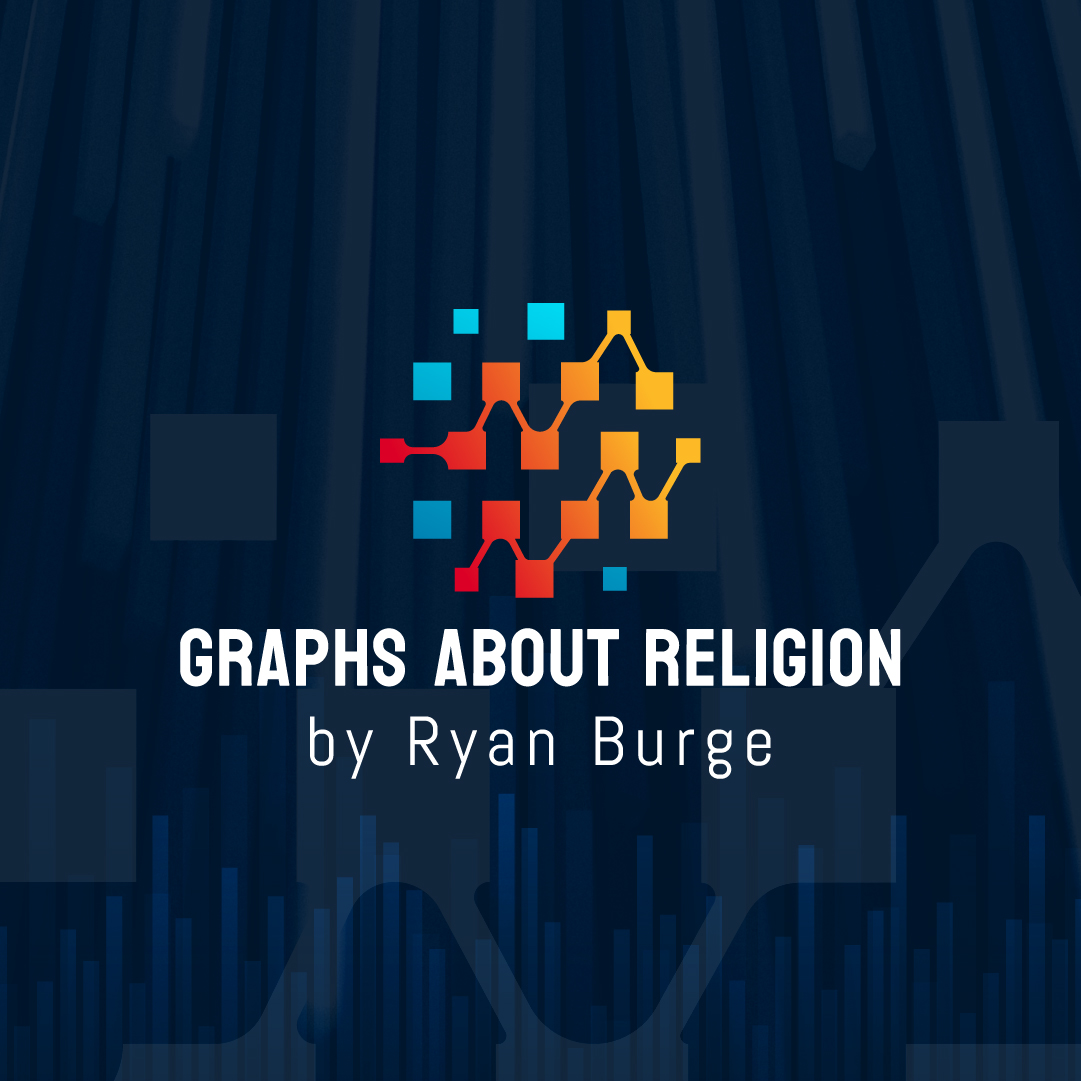Faith, Conspiracy, and Belief: When Religious Conviction Meets Alternate Realities

Throughout human history, prophets have emerged as compelling spiritual interpreters, offering profound insights into the mysteries of existence and divine purpose. These extraordinary individuals claim to possess a unique connection to higher realms, translating cosmic messages during times of profound societal upheaval and uncertainty.
When catastrophic events like devastating pandemics or brutal civil wars sweep across civilizations, prophets step forward with powerful narratives that seek to make sense of seemingly inexplicable suffering. They weave intricate explanations that transform chaotic experiences into meaningful spiritual narratives, suggesting that such calamities are not random, but part of a larger, predetermined cosmic design.
These prophetic voices often interpret global challenges as symbolic signs—harbingers of significant spiritual transformation or impending fundamental changes in human consciousness. By framing disasters as more than mere random occurrences, they provide communities with hope, meaning, and a sense of understanding during moments of extreme vulnerability and collective trauma.
From ancient religious traditions to contemporary spiritual movements, prophets continue to play a crucial role in helping humanity navigate the complex landscape of existential uncertainty, offering interpretations that bridge the gap between human experience and transcendent understanding.

